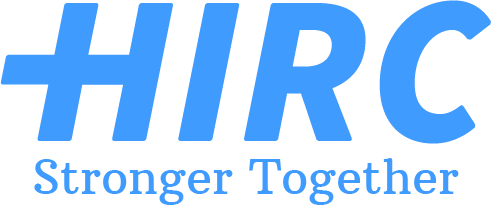
November 29, 2022 – From Jesse Schafer’s vantage point as a senior manager of business continuity at the Mayo Clinic, supply chain resiliency is keenly needed in healthcare. “It’s a complex issue too difficult to solve individually,” he said. “There are cultural, operational, and economic barriers.”
When asked what’s missing in the supply chain regarding resiliency and transparency, Schafer said standards, incentives, and culture.
- “There are too many solutions in the market. As such, trading partners cannot scale nor sustain the approach.”
- “Historically, price drives purchasing decisions. In a post pandemic world, providers are more often seeking to evaluate supplier resiliency as a key factor in sourcing decisions.”
- “There is a lack of trust when sharing resiliency data between trading partners, and a corresponding lack of clarity in how the data will be used.”
To help break down those gaps, a group of healthcare supply chain provider and supplier stakeholders recently formed the Healthcare Industry Resilience Collaborative (HIRC), a nonprofit healthcare supply chain association that champions standards and best practices in supply chain resiliency.
The vision of HIRC is to create a more transparent and resilient supply chain through collaboration between providers, suppliers, and industry partners, said Schafer, executive director for HIRC. “We work as a community to develop and align to sensible standards and a one-to-many approach.”
Members convene in a variety of monthly engagements, including: member calls to share best practices, key initiatives to develop industry solutions, best practice groups to share lessons learned, and online forums to enrich the community know-how. Monthly market watch articles and collaborative research are additional resources provided. “Membership provides access to a community of thought leaders focused on clear goals and deliverables in resiliency,” Schafer said.
Read more in the latest issue of The Journal of Healthcare Contracting.
